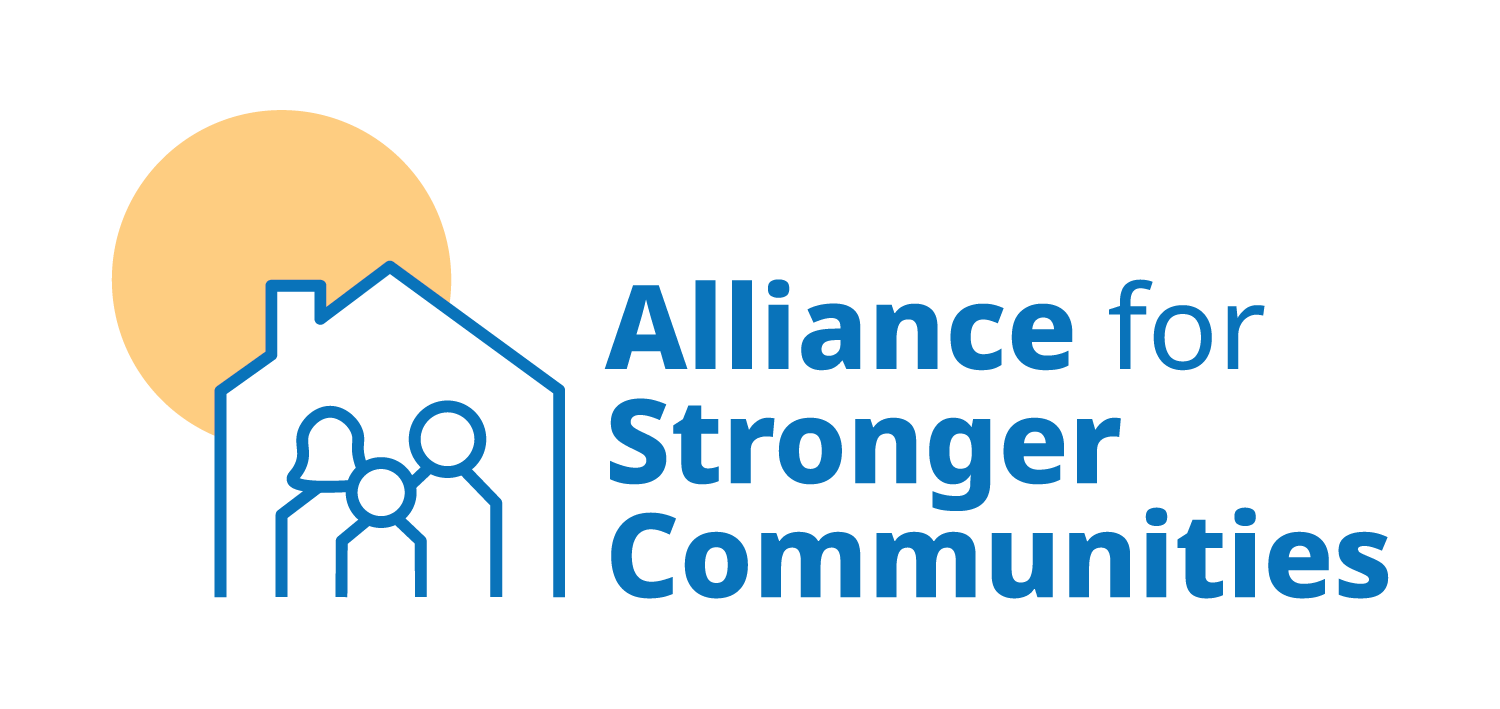UTAH VOTERS SUPPORT LOCAL CONTROL OF SHORT-TERM RENTALS

FOR IMMEDIATE RELEASE
Contact: franklin@allianceforstrongercommunities.com
UTAH VOTERS SUPPORT LOCAL CONTROL OF SHORT-TERM RENTALS
Support for Local Control Driven Equally Among Republicans, Democrats and Independents
Salt Lake City, UT (April 17, 2023) – The Alliance for Stronger Communities, in partnership with TargetPoint Consulting, released survey results conducted in Utah to determine voter attitudes on state and local policies related to short-term rentals like Airbnb.
More than 8 in 10 Utahns believe that local government is better equipped than the state to regulate short-term rentals, with 63% opposing policy that would weaken local control. This comes as more neighborhoods throughout Utah are experiencing an influx of short-term rentals that are disprupting the community fabric. Many residents have expressed strong support for local control in order to mitigate disturbances caused by these properties.
Other key findings from the survey include the following:
- More than 8 in 10 Utah voters agree that local government is better equipped than the state to regulate short-term rentals.
- 83% agree, and 51% stronglyagree, that the property rights of primary homeowners should come before the rights of out-of-state commercial investors.
- Nearly 7 in 10 respondents agree that homeowners should have a reasonable expectation that they are buying a home in a safe neighborhood with full-time neighbors rather than being surrounded by short-term rentals hosting a revolving door of strangers.
- More than 6 in 10 Utah voters agree that noisy short-term renters hurt their sense of community and that short-term rentals should be commercially zoned, not residential.
“This survey shows that Utah voters simply want control of short-term rental properties in the hands of local leaders who know best how to deal local challenges,”said Alliance for Stronger Communities President Franklin Coley. “We’ve seen the negative effects that can stem from unregulated short-term rentals in Utah neighborhoods, which is why any state policy that weakens local oversight of these properties should be avoided. We should listen to Utah voters and act accordingly to help address these issues, especially as they relate to increased community disturbances and even crime.”
The survey showed broad, bipartisan opposition to policy that weakens local control, with 63%, 64%, and 61% of Republicans, Independents, and Democrats opposing harmful short-term rental state and local policies, respectively.
Methodology
600 interviews were conducted among registered voters statewide in Utah. Interviews were conducted February 27-March 1, 2023, with a margin of error of +/- 4.0%. The survey was conducted using a mixed mode methodology of web-based interviews (68%), live calls to cell phones (16%), and live calls to landlines (16%) and was weighted to reflect statewide demographics including gender, age, race, and 2020 Presidential vote.
###